

Malaysia, a vibrant country located in Southeast Asia, is renowned for its rich cultural tapestry and stunning natural landscapes. With a history that spans thousands of years, Malaysia offers a unique blend of traditions and modernity.
Kuala Lumpur, the dynamic capital of Malaysia, showcases a stunning blend of modernity and tradition, with its iconic Petronas Twin Towers standing tall amidst vibrant street markets and colonial architecture. Meanwhile, the cultural haven of George Town in Penang enchants visitors with its UNESCO-listed heritage, colorful street art, and delectable cuisine that reflects the rich tapestry of its multicultural history.
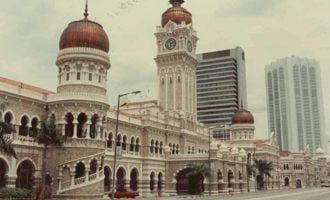
The history of Malaysia dates back to ancient times, with the first known Malay kingdoms emerging around A.D. 200, influenced by Indian traders who introduced South Asian concepts of religion, governance, and art. Modern Malay culture began to take shape in the 15th century with the arrival of Islam, particularly through the port city of Melaka, which became a significant trading hub.
British colonial rule began in the late 18th century, starting with the acquisition of Penang island in 1786. Over the next century, British influence expanded until Malaysia achieved independence on August 31, 1957, under the leadership of Tunku Abdul Rahman. In 1963, Malaysia was officially recognized as a nation, initially including Singapore, which later separated in 1965.

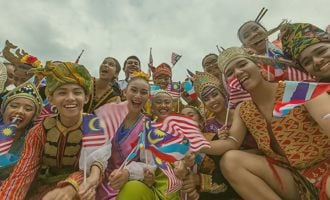
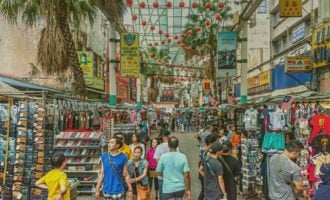
Malaysia is a harmonious blend of faiths, where Islam plays the leading role yet coexists with Buddhism, Hinduism, Christianity, and local spiritual traditions. Each religion adds its own color to the cultural mosaic, creating a rare sense of balance and unity. This respect for diversity gives Malaysia a unique spiritual rhythm that can be felt in temples, mosques, and the soft morning prayers echoing through the streets.
Nowhere celebrates religious diversity as vividly as Malaysia. The country comes alive through festivals all year long, including the sacred Hari Raya, the dazzling Deepavali, the joyful Chinese New Year, and the mystical Thaipusam. Each festival is more than a celebration; it is a cultural feast where everyone is welcome to share in the spirit of togetherness.
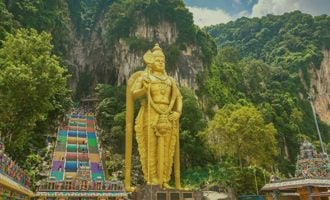
Malaysian cuisine is a flavorful symphony of Malay, Chinese, Indian, and Peranakan influences, familiar yet excitingly unique. From the rich coconut-scented Nasi Lemak and spicy Laksa to smoky Satay grilled over charcoal, every dish tells a story of cultural fusion. One meal in Malaysia is like a journey through the most colorful kitchens of Asia.
Malaysians live by a simple, heartwarming philosophy called “makan,” which means eating is a way to connect. Sharing a hot, flaky Roti Canai or a plate of savory Char Kway Teow, people bond over food, laughter, and joy. For visitors, Malaysian cuisine is not just something to taste but a way to experience the soul, rhythm, and warmth of the country.
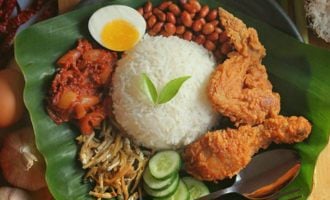
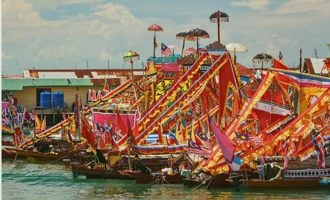
Malaysia's diverse population celebrates a variety of festivals throughout the year, highlighting its rich cultural heritage. Islamic festivals, such as Hari Raya Puasa and Hari Raya Haji, are celebrated widely. The Chinese community honors events like the Chinese New Year and the Mid-Autumn Festival, while Hindus celebrate Deepavali and Thaipusam.
In summary, Malaysia is a captivating destination with a rich history, stunning geography, and vibrant cultural diversity. From its historical roots and ethnic complexities to its delectable cuisine and lively festivals, Malaysia truly offers a unique experience for all who visit.
Click to view full size